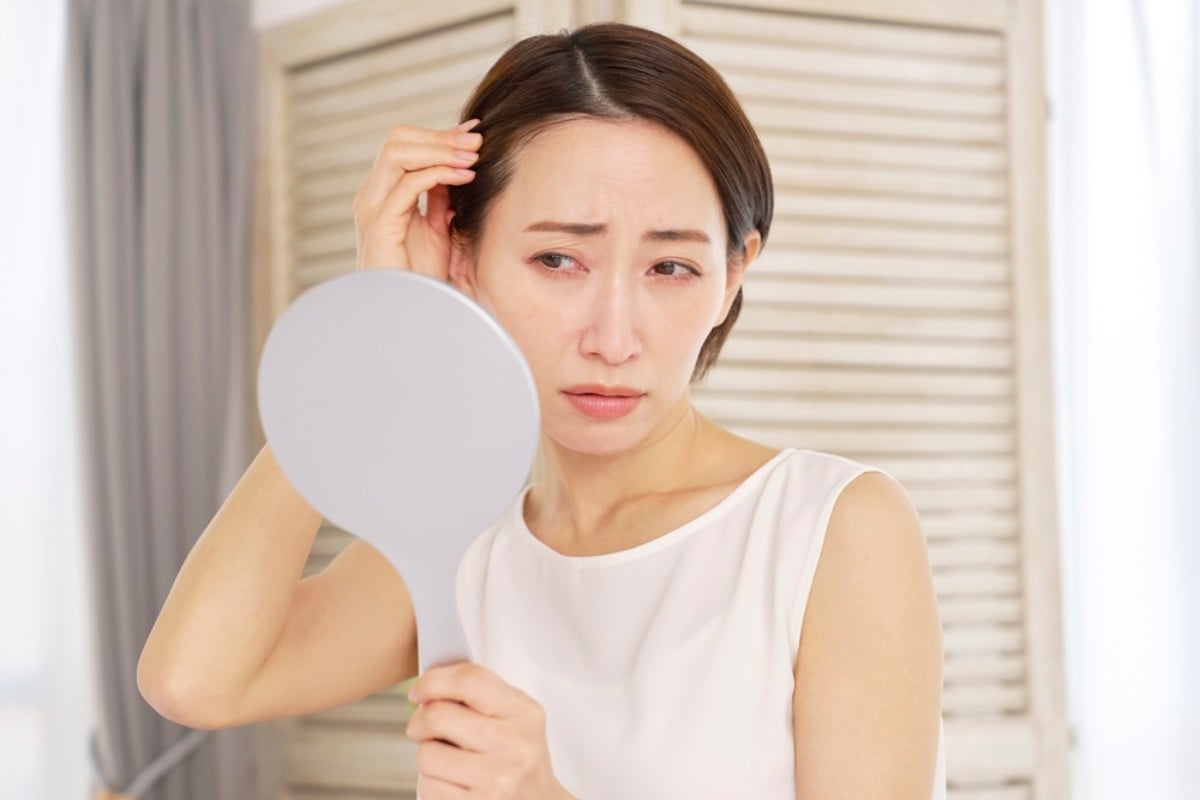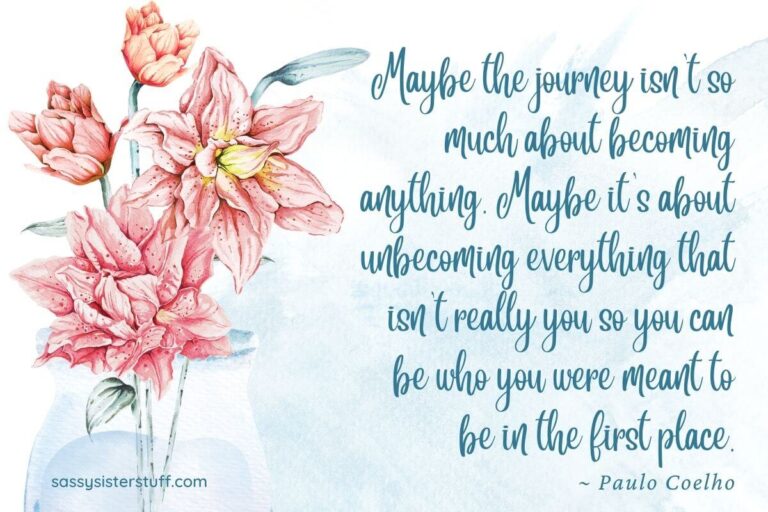11 Little Things People Who Secretly Feel Old Always Complain About
Ever catch yourself grumbling about something small and wonder when that started? Maybe it’s the weather, or just feeling a bit off after a walk.
Sometimes, these little complaints slip out without us even realizing. They can be signs that we’re feeling older than we’d like to admit.
Complaining about unpredictable weather changes
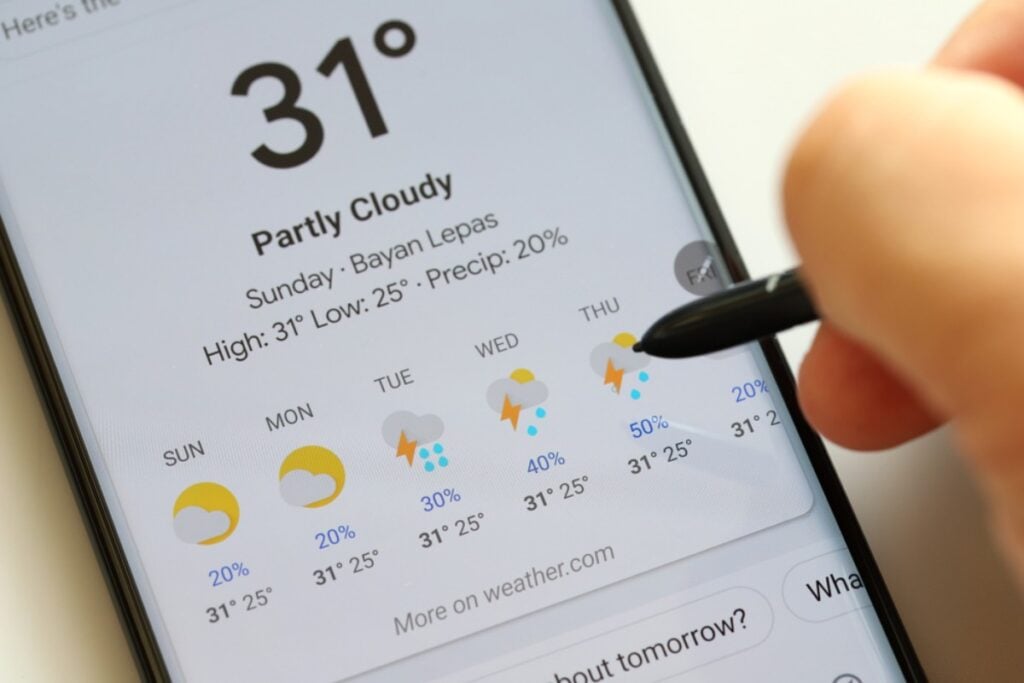
Sudden weather changes can throw you off. A drop in temperature or a spike in humidity might make your joints ache or leave you feeling stiff.
It’s not unusual to feel more tired or irritable when the sky surprises you with a cold breeze or unexpected rain. Your body reacts to these shifts, even if you don’t notice it right away.
Talking about the weather is a go-to topic for many. It’s a simple way to connect with others about those little annoyances.
Noticing increased joint stiffness

You might wake up feeling like your joints are a little creakier than before. Simple movements like bending or stretching can feel tougher.
As you get older, your body makes less collagen, which helps keep your joints flexible. This can lead to stiffness and slower recovery after being active.
You may notice tightness in your knees, hips, or fingers, especially after being still for a while. Sometimes there’s a bit of swelling or discomfort if you’ve been on your feet a lot.
Gentle movement, like walking or stretching, can help keep things from tightening up. If the stiffness starts to interfere with your day, it might be time to talk to a doctor.
Feeling soreness longer after exercise

Workouts don’t always feel the same as they used to. Soreness can stick around longer, even if you haven’t changed your routine.
Your muscles and tissues just don’t bounce back as quickly. If you’re feeling sore the day after exercise, you’re definitely not alone.
Giving yourself more rest and eating well can help your body recover. Sometimes, it’s about finding a new rhythm that works for you.
Getting irritated by loud noises
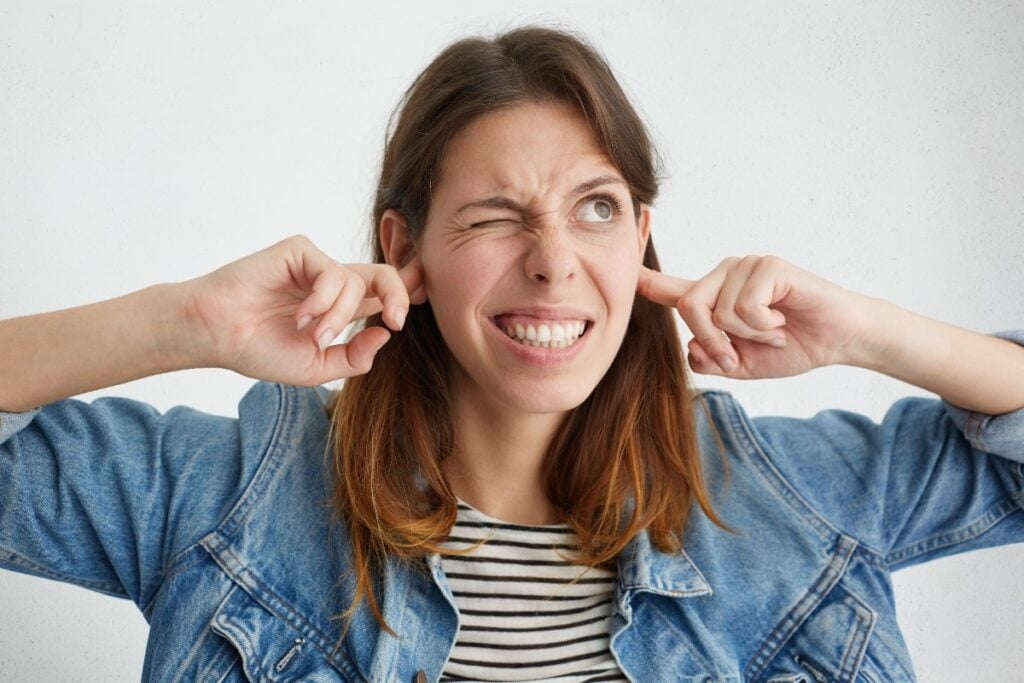
Noises that never bothered you before might suddenly seem too much. Everyday sounds can start to feel harsh or even painful.
Some people develop a sensitivity to noise, making busy places feel overwhelming. Even if your hearing is fine, your brain might react more strongly to loud sounds.
Using earplugs or seeking out quieter spots can make a difference. If it’s a big problem, a hearing specialist may have helpful advice.
Grumbling about low energy levels

Feeling tired more often can sneak up on you. It’s frustrating when you don’t bounce back as quickly after a busy day.
Sometimes it’s just a matter of not sleeping well or having too much on your plate. Other times, low energy can be linked to things like low iron or hormone changes.
Paying attention to your energy and making small adjustments, like eating better or resting more, can help. It’s all about finding what works for you.
Disliking crowded or noisy places

Crowded or noisy spaces might drain you faster than before. It’s not about being antisocial—sometimes, it’s just too much stimulation.
You may find yourself planning your day to avoid busy spots. Quieter moments can help you recharge and keep your energy up.
Needing a break from the crowd is normal. Listening to what you need can make social situations more enjoyable.
Mentioning forgetfulness or memory slips

Losing track of your keys or forgetting a name can happen more often. These little slips are common as you get older.
It can feel like your brain works a bit slower. Taking longer to remember things doesn’t mean something is wrong—it’s just part of the process.
If you notice bigger changes, like forgetting important events, it’s worth checking in with a doctor. Staying active and keeping your mind busy can help keep your memory sharp.
Talking about aches in knees and back

Aches in your knees or back can show up more often. Sometimes it’s from arthritis, other times it’s just the result of years of use.
Pain in one area can affect another, like when your back hurts and your knees feel sore too. Sitting or standing the wrong way can make things worse.
Taking breaks to stretch or move around can help. Noticing these aches is a reminder to take care of your body.
Annoyed by modern technology complexity

Setting up a new phone or figuring out a smart gadget can feel like a chore. Technology changes so fast, it’s easy to feel left behind.
You might notice that simple tasks now have extra steps. If you don’t use certain tech every day, it’s easy to forget how things work.
Feeling frustrated with technology is common. There’s comfort in knowing you’re not alone in this struggle.
Expressing frustration over slower recovery

When it takes longer to heal or bounce back, it can be irritating. Aches that linger or energy that returns slowly can make you feel older than you are.
You might get frustrated with simple tasks that used to be easy. Sharing how you feel with friends can help lighten the load.
Recovery isn’t always quick, and that’s okay. Giving yourself patience can make the process a little easier.
Criticizing younger generations’ habits
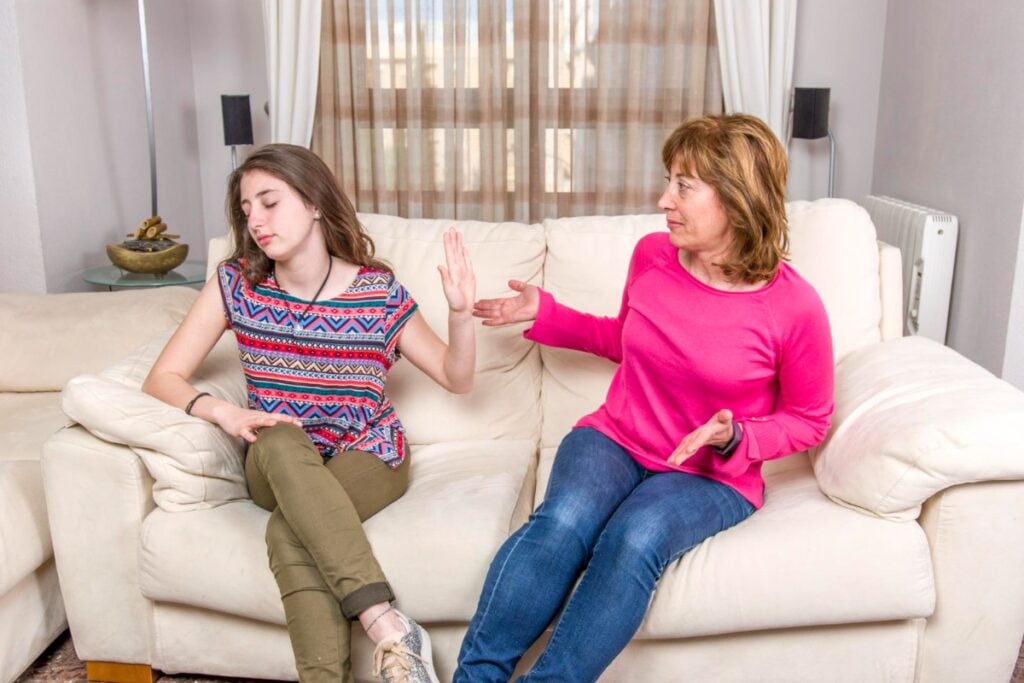
Ever found yourself listening to someone gripe about how things used to be better? People who secretly feel old often point out the way younger generations talk or use technology.
They might question new work habits or the latest slang. It can feel a bit unfair, especially when you know you’re just adapting to a changing world.
Older folks sometimes say that younger people lack discipline or respect. This can be tough to hear when you’re working hard and facing your own set of challenges.
They may not always recognize the value you place on mental health or why flexible work schedules matter so much today.
You might also hear complaints about younger generations not following old traditions. This can create tension, as older people often cherish the lessons from their own experiences.
It’s easy to feel misunderstood when these differences come up. Sometimes, it just takes a bit of patience and empathy to keep the conversation going.

